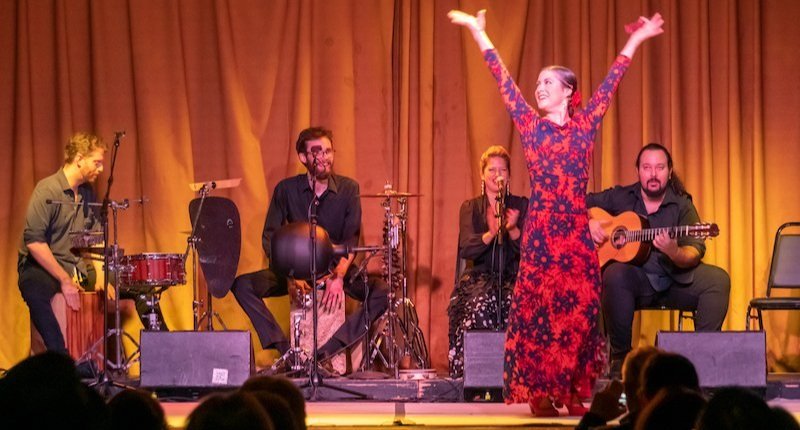
Arts & Culture from Spain
About Flamenco
Flamenco is a cultural arts tradition that formed in southern Spain (Andalusia) in the 19th century from a mix of Spanish, Moorish, Sephardic Jewish, West & North African, and Latin American roots.
Many of flamenco’s songs come from the laborers and artisans of southern Spain who expressed their woes and joys through this exuberant folk tradition.
Flamenco is traditionally an improvised form. Nowadays, flamenco can be seen all over the world, from small family gatherings to the world’s largest stages.
Check out our TedX talk on flamenco for more info!

“Flamenco allows you to find out who you are…”
— Barbara (flamenco student)


